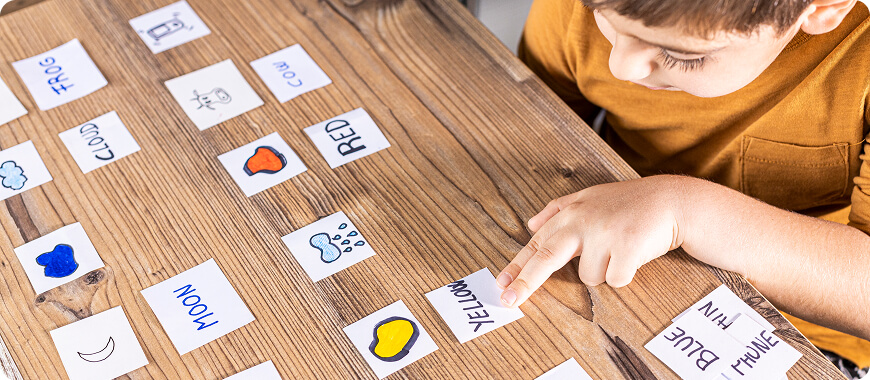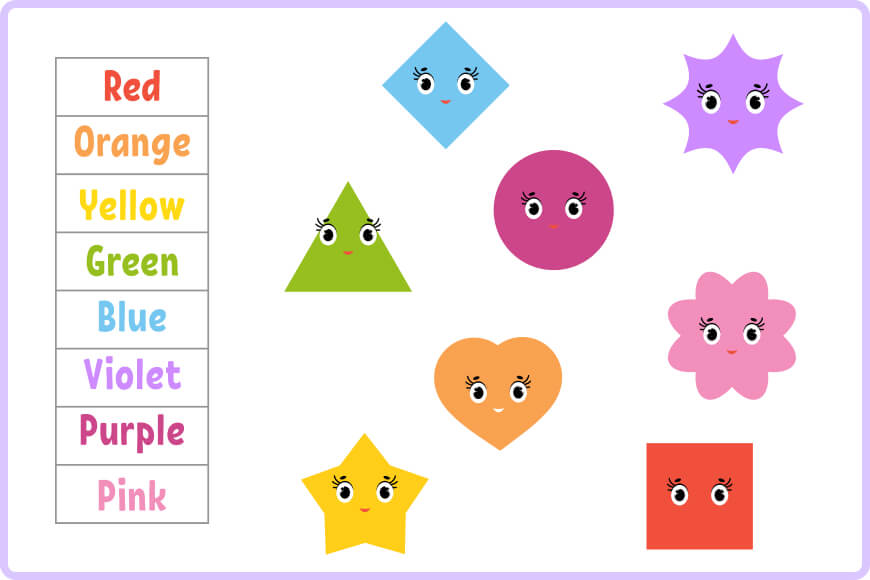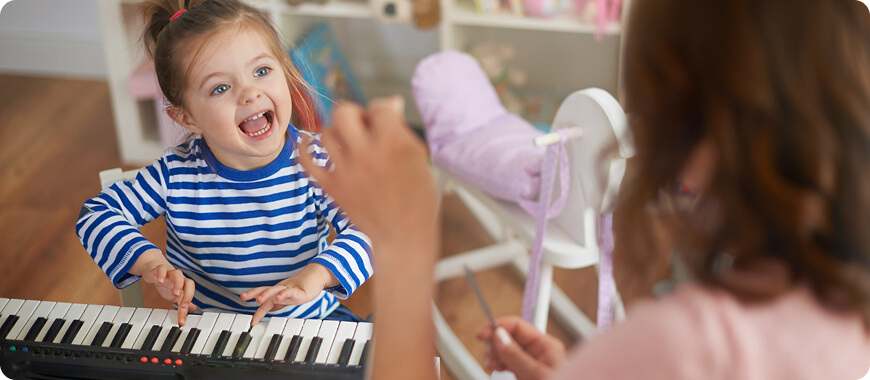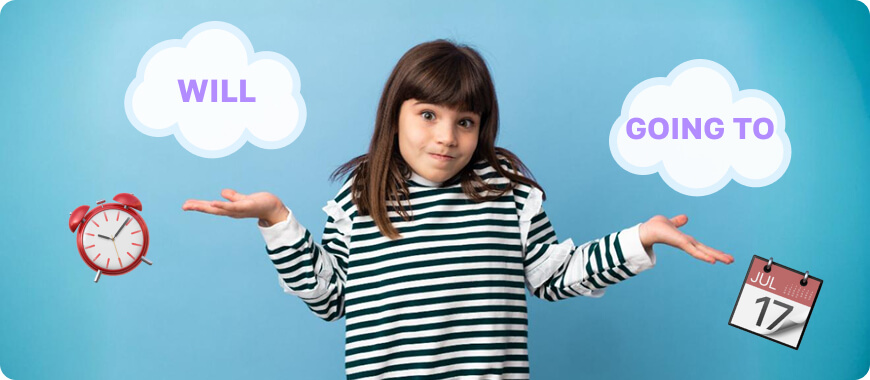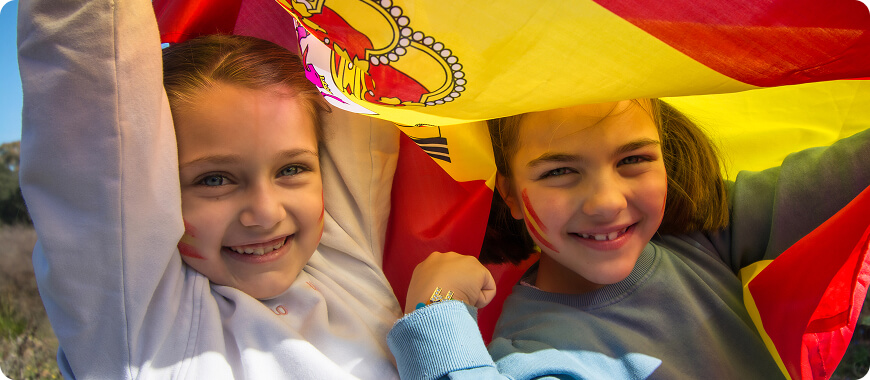Looking for the best place to start your child’s English journey? These 100 most common English vocabulary words for kids are exactly what young learners need. Chosen by our teachers at Learnlink, they’re the basic vocabulary words children hear and use most in daily life — from mum and dog to red, jump, and happy.
These common English words are simple, practical, and perfect for ages 3–8. We use them in every lesson because they help kids understand, speak, and gain confidence fast.
Ready to begin? Let’s go!
Why Learning Basic English Words Early Matters
There’s never been a better time to start your child’s journey with English. Research shows that children who learn basic vocabulary words between the ages of 3 and 8 develop stronger language skills, better pronunciation, and greater confidence later in life.
When your little one picks up common English words early, they’re not just memorising — they’re building the foundation for reading, writing, and real-life conversations. At Learnlink, we’ve worked with thousands of children, and we’ve seen how the right start makes all the difference.
These essential vocabulary words aren’t random. They’re the ones your child will hear every day — at school, in stories, on cartoons, and during play. That’s why learning them first helps kids understand more, speak sooner, and feel proud of their progress.
How to Use This Vocabulary List Effectively
This isn’t just another list of basic vocabulary words — it’s a practical tool designed for real-life learning. Here’s how to make the most of it:
- Use the words daily – weave them into conversations at home.
- Repeat, repeat, repeat – children learn through rhythm and repetition.
- Pair words with actions – jump when you say “jump”, hug when you say “love”.
- Keep it fun – turn learning into a game, not a lesson.
At Learnlink, our teachers use these common vocabulary words in every lesson because they help children identify objects, express feelings, and take their first steps in English with confidence.
Tip: Print this list and stick it on the fridge. Pick 5 words a week to focus on during playtime, meals, or bath time!
The 100 Most Common English Vocabulary Words for Kids, Grouped by Theme
Learning vocabulary words for kids works best when they’re grouped by theme. It helps children make connections — like how “cat”, “dog”, and “fish” are all animals, or how “happy” and “sad” describe feelings.
Below, you’ll find 100 basic vocabulary words for kids organised into simple categories. Each word comes with a sample sentence so you can see how it’s used in real daily conversations.
Colors and Shapes
These basic describing words help children talk about the world around them.
- Red – The apple is red.
- Blue – The sky is blue.
- Yellow – The sun is yellow.
- Green – The grass is green.
- Black – The cat is black.
- White – The snow is white.
- Pink – Her dress is pink.
- Big – That’s a big ball!
- Small – The mouse is small.
- Round – The ball is round.
- Square – The box is square.
Animals
Animals are fun, familiar, and perfect for sparking interest in English vocabulary words.
- Dog – The dog says “woof”.
- Cat – The cat likes milk.
- Bird – The bird can fly.
- Fish – The fish swims in water.
- Elephant – The elephant is big.
- Tiger – The tiger is orange and black.
- Horse – The horse runs fast.
- Duck – The duck is in the pond.
- Rabbit – The rabbit jumps.
- Bear – The bear lives in the forest.
Fun fact: Kids love animal sounds! Encourage your child to “roar like a lion” or “quack like a duck” while learning these words.
Family and People
These basic English words for kids help them talk about the people they love.
- Mum – Mum is cooking dinner.
- Dad – Dad reads me a book.
- Brother – My brother plays with me.
- Sister – My sister sings songs.
- Baby – The baby is sleeping.
- Friend – She is my best friend.
- Teacher – The teacher helps us learn.
- Boy – The boy is playing.
- Girl – The girl has a red dress.
- Person – Every person is special.
Food and Drinks
Turn snack time into a chance to learn common English words.
- Apple – I eat an apple every day.
- Banana – The banana is yellow.
- Bread – We eat bread with butter.
- Milk – I drink milk in the morning.
- Water – Water is good for you.
- Juice – I like orange juice.
- Egg – We cook an egg for breakfast.
- Cheese – The mouse likes cheese.
- Cake – We eat cake on birthdays.
- Yummy – This soup is yummy!
Daily Routines and Actions
These action words (verbs) are used all the time in daily conversations.
- Eat – I eat my lunch at school.
- Drink – Please drink your water.
- Sleep – The baby sleeps at night.
- Wake up – I wake up at seven.
- Wash – Wash your hands before eating.
- Brush – Brush your teeth twice a day.
- Go – Let’s go to the park!
- Come – Come here, please.
- Play – We play games after school.
- Jump – Can you jump high?
- Run – The dog runs fast.
- Stop – Stop when the light is red.
Tip: Act out these words together — it helps your child remember them faster.
Objects and Toys
These basic words help children name things in their world.
- Ball – I play with a red ball.
- Book – Mum reads me a storybook.
- Car – The toy car is blue.
- Box – The toys are in the box.
- Chair – Sit on the chair.
- Table – We eat at the table.
- Door – Close the door, please.
- Light – Turn on the light.
- Toy – This is my favourite toy.
- Bag – Put your book in the bag.
Weather and Nature
Help your child describe the world outside with these common vocabulary words.
- Sun – The sun is bright today.
- Rain – It’s raining — take your coat!
- Cloud – The sky has white clouds.
- Snow – We make a snowman in winter.
- Wind – The wind blows the leaves.
- Hot – It’s hot in summer.
- Cold – Put on your coat — it’s cold!
- Tree – The bird sits in the tree.
- Flower – The flower is pink and yellow.
- Grass – We play on the green grass.
Feelings and Emotions
Teaching children to name their emotions builds empathy and communication.
- Happy – I feel happy when I play.
- Sad – He is sad because his toy is lost.
- Angry – Don’t be angry — we can share.
- Tired – I am tired after playing.
- Excited – I’m excited for my birthday!
- Scared – The loud noise made me scared.
- Proud – I feel proud when I learn new words.
- Love – I love my mum and dad.
These words help children understand their feelings — and express them in English.
Numbers and Counting
Start with 1 to 10 — these basic words open the door to maths and games.
- One – I have one apple.
- Two – Two eyes, two ears.
- Three – Three little ducks.
- Four – A table has four legs.
- Five – I have five fingers.
- Six – Six red balls.
- Seven – Seven days in a week.
- Eight – Eight legs on an octopus.
- Nine – Nine stars in the sky.
- Ten – Count to ten and jump!
Try counting steps, toys, or biscuits — learning through play works best!
Basic Describing Words (Adjectives)
These describing words help children give more detail.
- Big – The elephant is big.
- Small – The ant is small.
- Fast – The car is fast.
- Slow – The turtle is slow.
- Clean – Wash your hands — they’re dirty!
- Dirty – My shoes are dirty from the park.
- New – I have a new book.
- Old – This toy is old but I love it.
- Soft – The pillow is soft.
- Loud – The music is too loud!
Tips to Help Your Child Remember New Words
Learning vocabulary words that help children speak confidently doesn’t have to be hard. With the right tools, every child can succeed.
Use Flashcards with Pictures
Visuals help children connect words to meaning. Create flashcards with images — show “apple” with a picture, not just the word. At Learnlink, we use digital flashcards in every lesson to make learning new words fun and memorable.
Sing Simple Vocabulary Songs
Music sticks. Songs like “If You’re Happy and You Know It” or “The Wheels on the Bus” use common English words in a catchy, repeatable way. Sing them at home, in the car, or before bedtime.
Try this: Make up a song using 5 words from the “Animals” list!
Label Objects Around the House
Turn your home into a language classroom. Stick small labels on the door, table, chair, and window. Every time your child sees a “window”, they’re learning. This simple trick helps build their vocabulary without extra effort.
Start Building Your Child’s English Confidence Today with Learnlink!
You’ve just explored 100 basic English words for kids — but knowing the words is only the beginning. The real magic happens when your child starts using them, speaking to them, and feeling proud of their progress.
At Learnlink, we don’t just teach English vocabulary words — we create joyful, engaging lessons where children learn through play, songs, and real interaction. Our teachers specialise in working with young learners (ages 3–8), and every lesson is designed to build language skills step by step.



